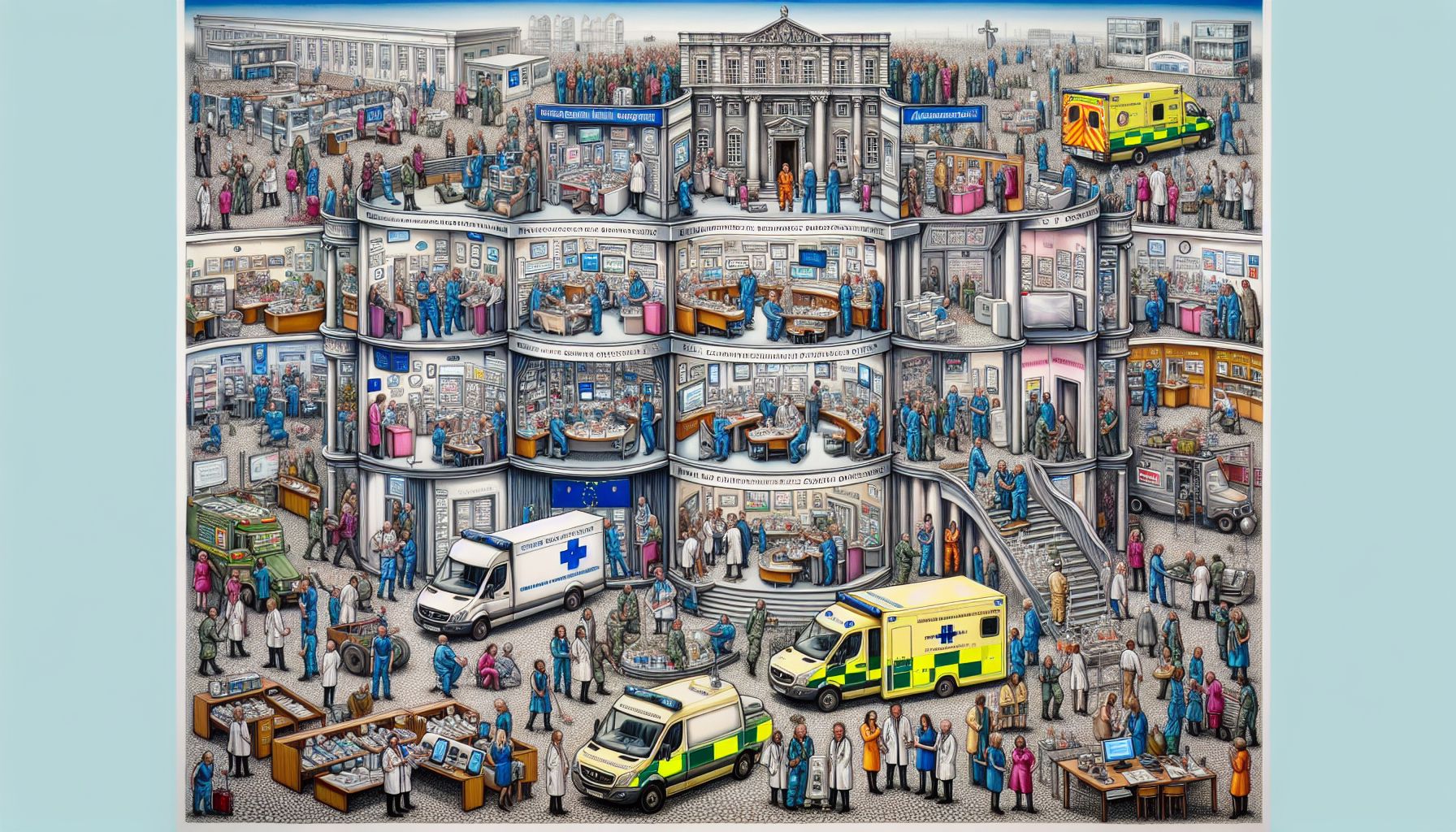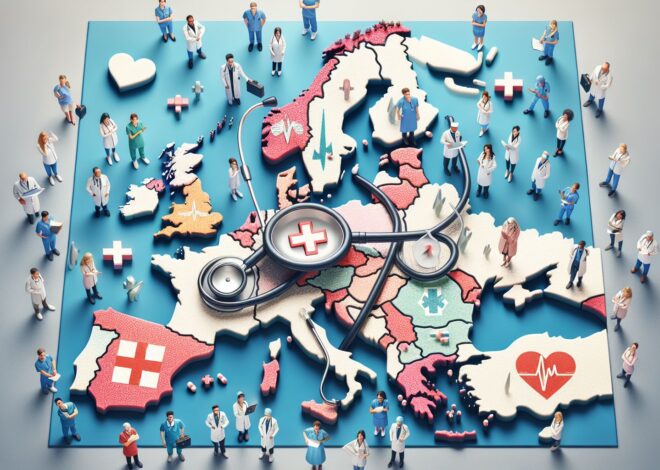
Evaluating the Preparedness and Response of European Health Systems
The outbreak of the COVID-19 pandemic has put immense pressure on healthcare systems worldwide, including those in Europe. The preparedness and response of European health systems have been put to the ultimate test, facing challenges on an unprecedented scale. In this article, we will analyze the effectiveness of the European health systems in dealing with the pandemic and provide insights for health professionals, policymakers, and concerned citizens.
Inadequacies in Preparedness
European health systems have long been regarded as some of the most advanced in the world. However, the COVID-19 pandemic exposed several inadequacies in their preparedness for a crisis of this magnitude. One of the primary challenges faced by health systems across Europe was a lack of sufficient resources, including medical equipment, testing facilities, and healthcare personnel.
The sudden surge in the number of COVID-19 cases overwhelmed many hospitals, leading to shortages of critical supplies such as ventilators and personal protective equipment. The lack of preparedness in terms of stockpiling essential medical supplies exacerbated the situation, putting both patients and healthcare workers at risk.
Response Strategies
Despite the initial shortcomings in preparedness, European health systems have responded admirably to the challenges posed by the COVID-19 pandemic. Countries like Germany, Italy, and Spain quickly mobilized resources to expand critical care capacity, establish field hospitals, and implement strict lockdown measures to curb the spread of the virus.
Health professionals across Europe have shown tremendous resilience and dedication in caring for COVID-19 patients, often working long hours under stressful conditions. Many healthcare workers put their own health at risk to ensure the well-being of their patients, demonstrating the true spirit of solidarity and compassion in times of crisis.
Lessons for the Future
The COVID-19 pandemic has been a wake-up call for European health systems, emphasizing the need for better preparedness and response mechanisms in the face of unexpected crises. Policymakers must prioritize investments in healthcare infrastructure, stockpiling of essential supplies, and training of healthcare personnel to ensure readiness for future pandemics or health emergencies.
Health professionals also play a crucial role in shaping the response to public health crises, highlighting the importance of collaboration, communication, and evidence-based decision-making. By sharing best practices and lessons learned from the COVID-19 pandemic, healthcare professionals can strengthen the resilience of European health systems and better protect the health and well-being of their populations.
Conclusion
In conclusion, the COVID-19 pandemic has tested the preparedness and response of European health systems like never before. While there were shortcomings in the initial response to the crisis, health professionals, policymakers, and concerned citizens have rallied together to mitigate the impact of the pandemic and save lives. By learning from the challenges faced during the COVID-19 pandemic and implementing necessary reforms, European health systems can emerge stronger and more resilient in the face of future health emergencies.



